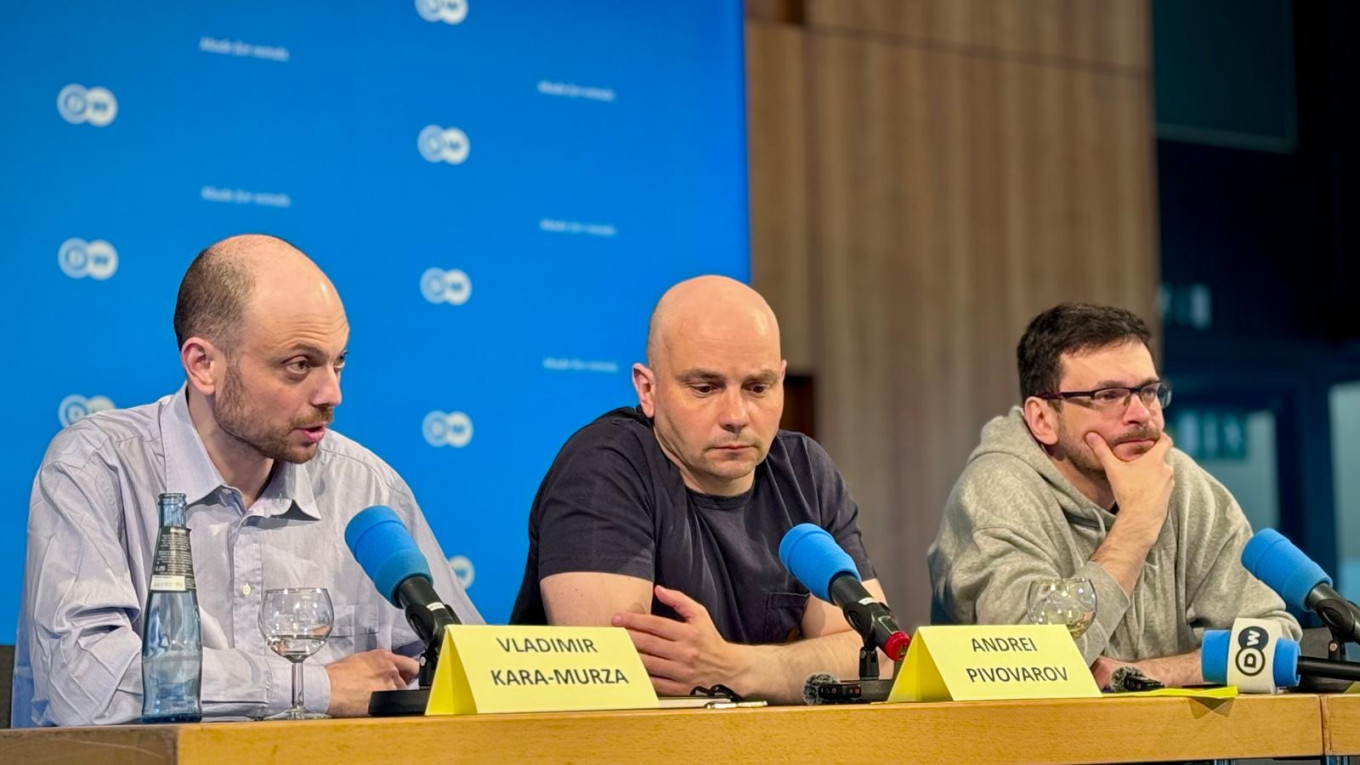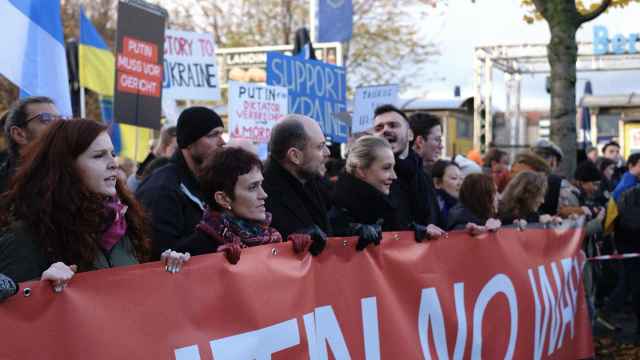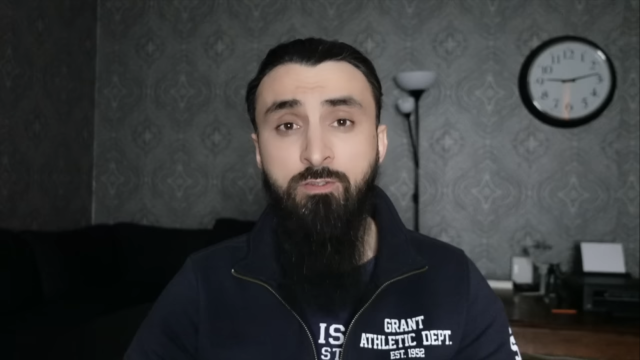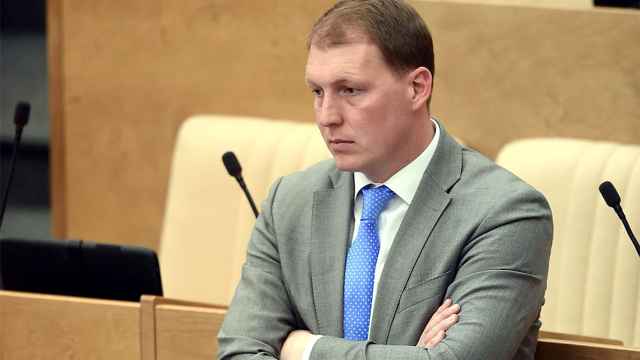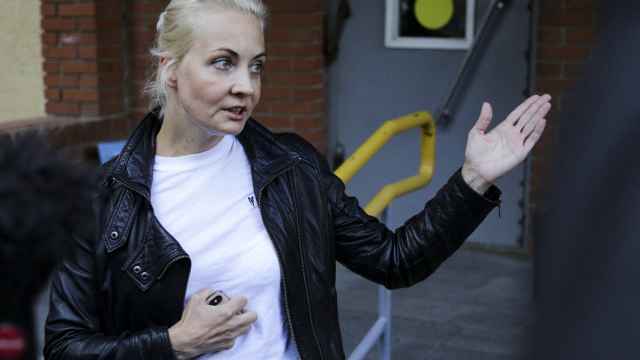Opposition figures Ilya Yashin, Vladimir Kara-Murza and Andrei Pivovarov, who were released this week as part of the largest prisoner exchange between Russia and the West since the Cold War, held a press conference in Bonn, Germany on Friday at the office of German news agency Deutsche Welle.
“We’re feeling indescribable emotions,” activist Andrei Pivovarov said at the start of the conference. “Some might say that not many people have been released… But many of my friends were just saved from death.”
Pivovarov, who used to head the pro-democracy group Open Russia, thanked everyone who was involved in negotiations for the release of political prisoners, including German Chancellor Olaf Scholz.
“I feel like I'm watching a movie,” activist Vladimir Kara-Murza said. “A week ago, I was in a cell. Yesterday I was at the Lefortovo pre-trial detention center. And now we were being driven here along the picturesque banks of the Rhine.”
“It is difficult to get rid of the surrealism of what is happening,” said Kara-Murza, who was freed from a 25-year prison sentence as part of the deal.
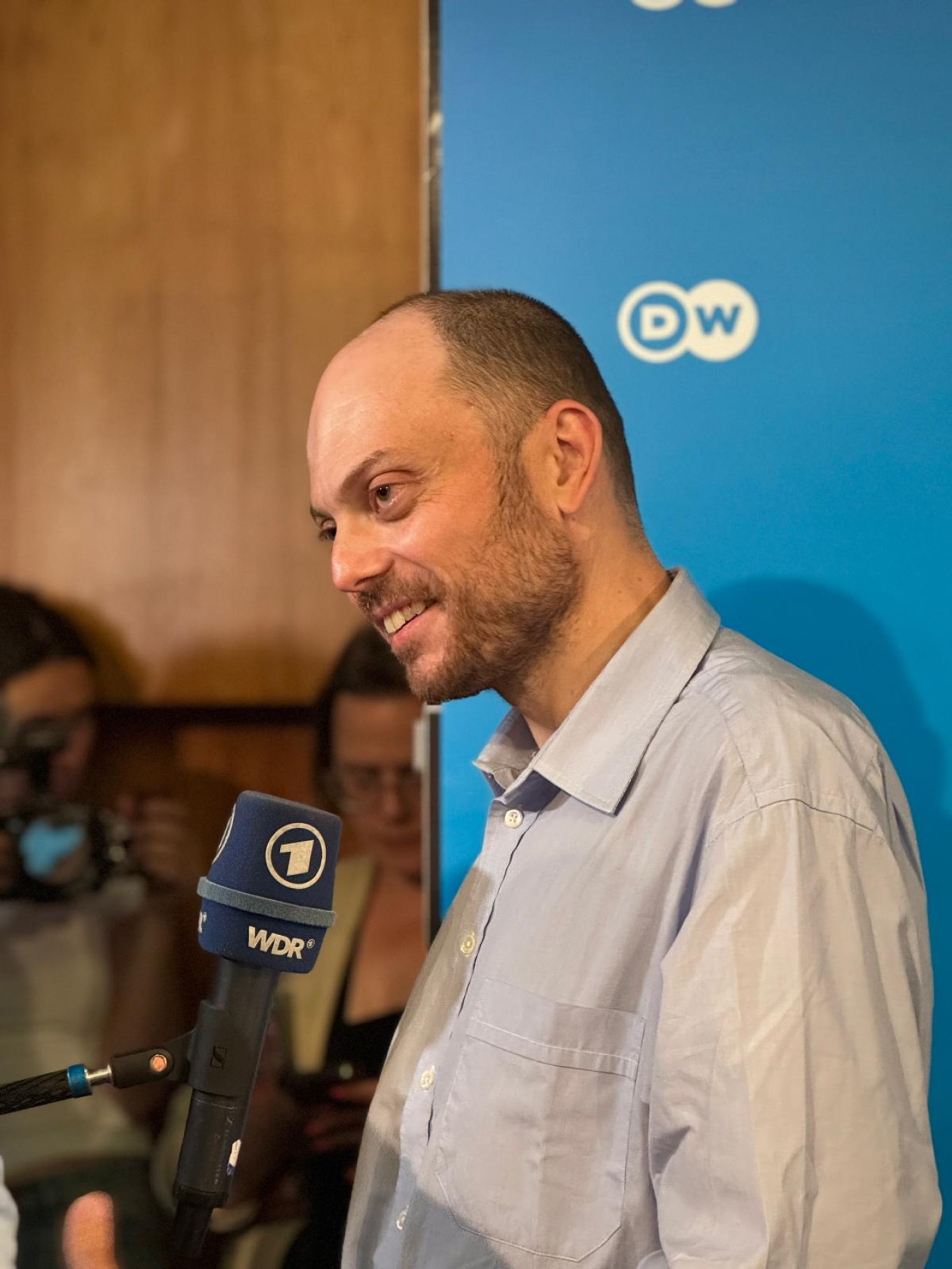
A total of 24 prisoners were exchanged at an airport in the Turkish capital Ankara on Thursday following long negotiations between Moscow and Washington, as well as other Western governments including Germany.
Among the Russian nationals released from prison were Memorial co-founder Oleg Orlov, former Navalny coordinators Lilia Chanysheva, Ksenia Fadeyeva and Vadim Ostanin, as well as artist Sasha Skochilenko. So, too, were dual Russian-German citizens Herman Moyzhes and Kevin Lik freed in the exchange.
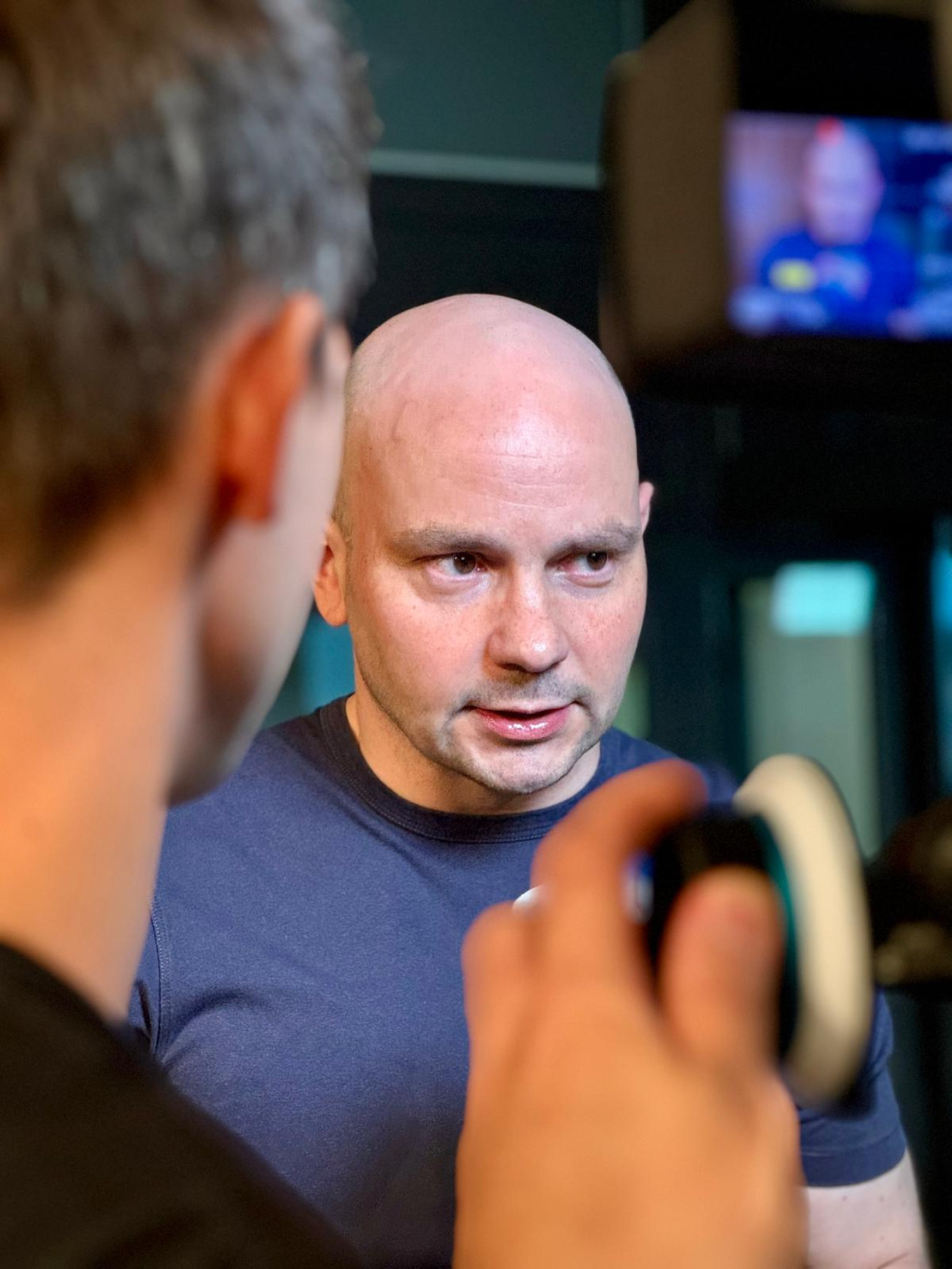
Moscow, in its turn, received eight of its citizens, including Vadim Krasikov, a Federal Security Service (FSB) operative who was serving a life sentence in Germany for the 2019 killing of a former Chechen rebel.
“It's hard to realize that you've been released because a killer has been released. It's difficult,” opposition figure and former Moscow city councilman Yashin said, referring to Krasikov.
Yashin, who previously said he did not want to be involved in any potential prisoner swaps, was vocal about the fact he was included in this week's historic exchange.
“From the first day behind bars, I said that I was not ready for exchanges. I publicly asked not to be included in the exchange lists,” he said. “This was my conscious position. I refused to leave Russia under threat of arrest.”
Yashin said he considered his transfer from Russia to be illegal.
According to the opposition figure, FSB officials told him right before leaving that if he ever tried returning, Russia would not engage in any further exchanges of political prisoners held in the country.
“An FSB officer told me: ‘You can come back like Navalny. You can be arrested like Navalny. You can end up like Navalny,’” Yashin said.
Regardless, Yashin expressed gratitude toward his supporters within and outside of Russia, and said that he hopes to meet as many people as possible and to “learn how to be a Russian politician outside of Russia.”
A Message from The Moscow Times:
Dear readers,
We are facing unprecedented challenges. Russia's Prosecutor General's Office has designated The Moscow Times as an "undesirable" organization, criminalizing our work and putting our staff at risk of prosecution. This follows our earlier unjust labeling as a "foreign agent."
These actions are direct attempts to silence independent journalism in Russia. The authorities claim our work "discredits the decisions of the Russian leadership." We see things differently: we strive to provide accurate, unbiased reporting on Russia.
We, the journalists of The Moscow Times, refuse to be silenced. But to continue our work, we need your help.
Your support, no matter how small, makes a world of difference. If you can, please support us monthly starting from just $2. It's quick to set up, and every contribution makes a significant impact.
By supporting The Moscow Times, you're defending open, independent journalism in the face of repression. Thank you for standing with us.
Remind me later.


